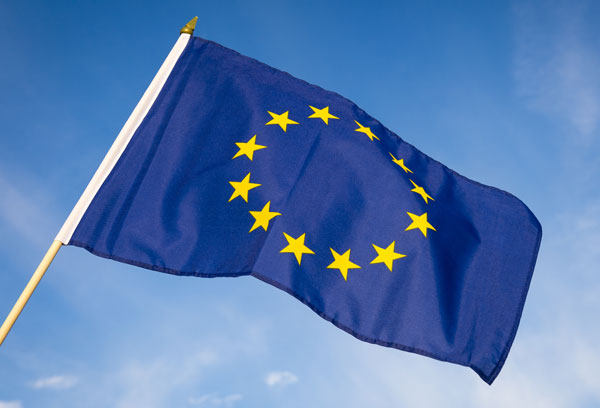MOST EUROPEAN MARKET EXTENDED GAIN

European equity markets traded mostly higher on Thursday, with Germany’s DAX up more than 0.5% while the benchmark Stoxx 600 was also in the green after snapping a 5-day winning streak in the previous session. Energy shares led gains as oil prices rose for a second day, followed by basic materials and industrial companies. Final figures confirmed the annual inflation rate in the Euro Area hit a fresh record high of 8.9% in July. In addition, the latest Fed minutes pointed to little evidence inflation pressures were subsiding at the time of the meeting.
Equities in London dropped for a second consecutive session on Thursday, with the blue-chip FTSE 100 bottoming around the 7,500 level, dragged by heavyweight materials and financials stocks. Market sentiment remained clouded mainly by worries about the impact of more interest rate hikes to tame sky-high inflation on the growth momentum. Recent data showed the annual inflation rate in the UK increased to another 40-year high of 10.1% in July, well above analysts' expectations, intensifying the squeeze on households and putting pressure on the BoE to continue its aggressive tightening. Abrdn and Anglo American were among the biggest laggards on the index, down over 4% each.
The CAC 40 was trading slightly above the flatline at 6,534 on Thursday, with investors digesting the minutes from the last Federal Reserve meeting while waiting for the final estimates of the Eurozone inflation data for July. Among single stocks, Michelin, Renault and STMicroelectronics were leading the gains, adding over 1% each.
Spain’s benchmark IBEX 35 fell 0.2% on Thursday, after snapping an 11-winning streak in the previous session and lost the 8,500 level as investors worry with the inflation and the growth outlook. Solaria and Ceellnext were among the biggest losers, down more than 1%, followed by Acciona (-0.8%), Iberdrola (-0.7%) and Aena (-0.7%). On the other hand, Resol was up by over 1.5% to lead gains. Economic data showed inflation in the Euro Area hit a fresh record in July and the region grew less than previously expected in Q2, with Spain being the only European country that hasn’t yet rebounded to pre-pandemic levels. Meanwhile, the latest figures showed the trade deficit in Spain widened sharply to EUR 5.39 billion in June from EUR 0.98 billion in the corresponding month of the previous year. Traders are also focused on Telefonica’s plan to sell its network in Peru, as part of its divestment strategy in Latin America, according to the Spanish newspaper Expansion.
The FTSE MIB index edged 0.5% higher to hover at the 22,870 level on Thursday, partially erasing last session’s sharp losses as investors continued to assess the guidance for major central banks following hot inflation figures in the UK and minutes from the FOMC July meeting. Fed policymakers agreed that monetary policy decisions are to be based on the latest economic data, and that the interest rate should continue to increase until inflation substantially cools, despite recent growth concerns. Auto stocks rebounded from a steep decline yesterday, with Stellantis and Iveco Group both gaining 1.3%. Consumer discretionary goods also booked strong gains, led by a 1.5% advance for Moncler. On the other hand, Milan’s banking sector hovered slightly below the flatline. On the data front, Eurozone inflation for July was confirmed at a record-high of 8.9%.
The Borsa Istanbul 100 index edged 0.3% higher to reach a new fresh high of 2,990 on Thursday, adding to the 15% rally since the start of August as investors continued to use equities as a hedge for surging prices and a plunging lira. Inflation in Turkey jumped to 80% in July, the highest in nearly 24 years, underpinned by 500bps of unorthodox interest rate cuts and costly measures to stabilize the lira by the country’s central bank amid strong pressure by President Tayyip Erdogan. The lira plunged over 53% against the dollar since August of 2021. Consequently, trading volumes sharply increased as since the start of the TCMB's rate cut path, as Turkish residents sought assets to store their savings. The index has risen 60% since the start of the year and more than 100% since the start of the central bank’s monetary loosening cycle in August of 2021.


